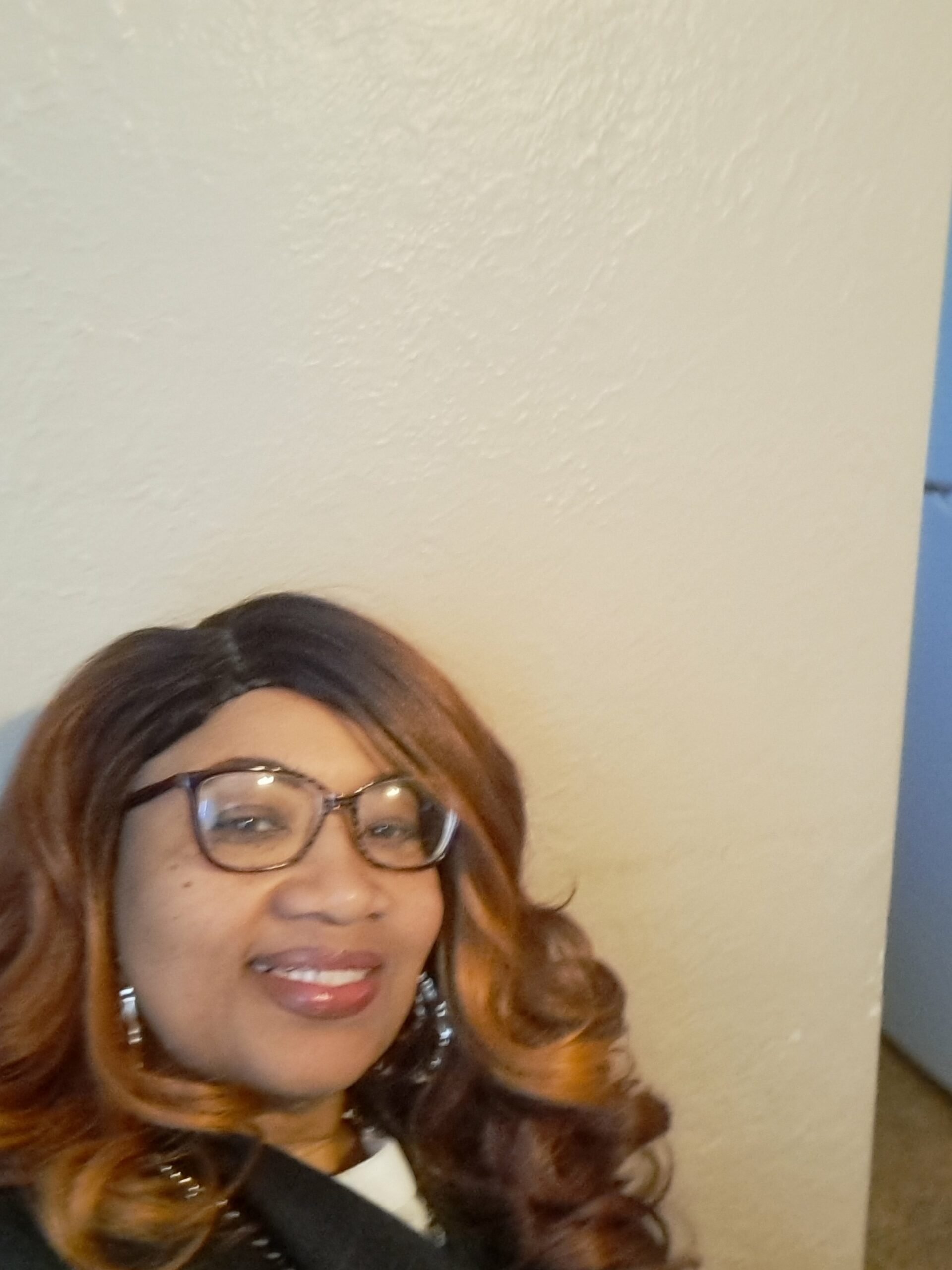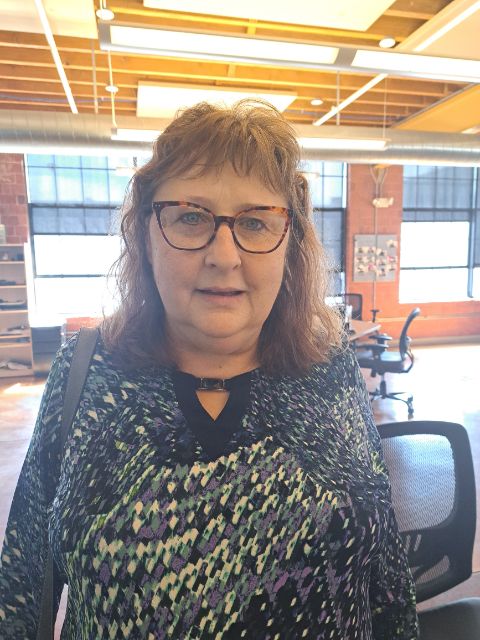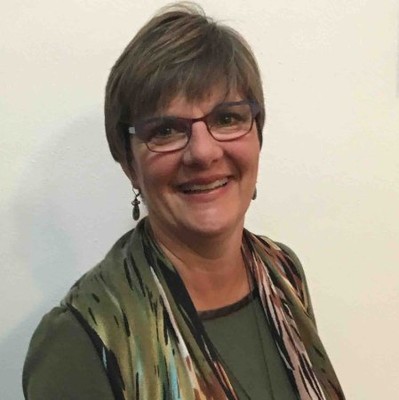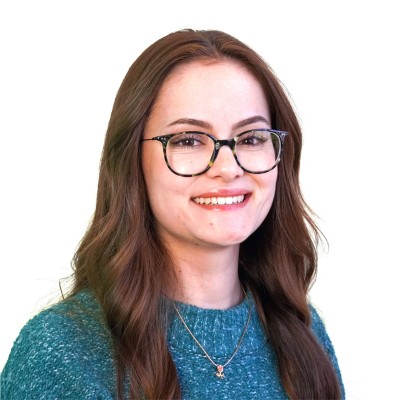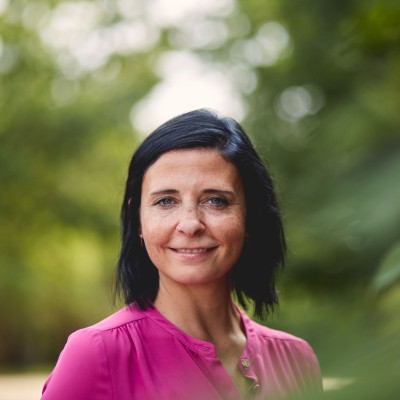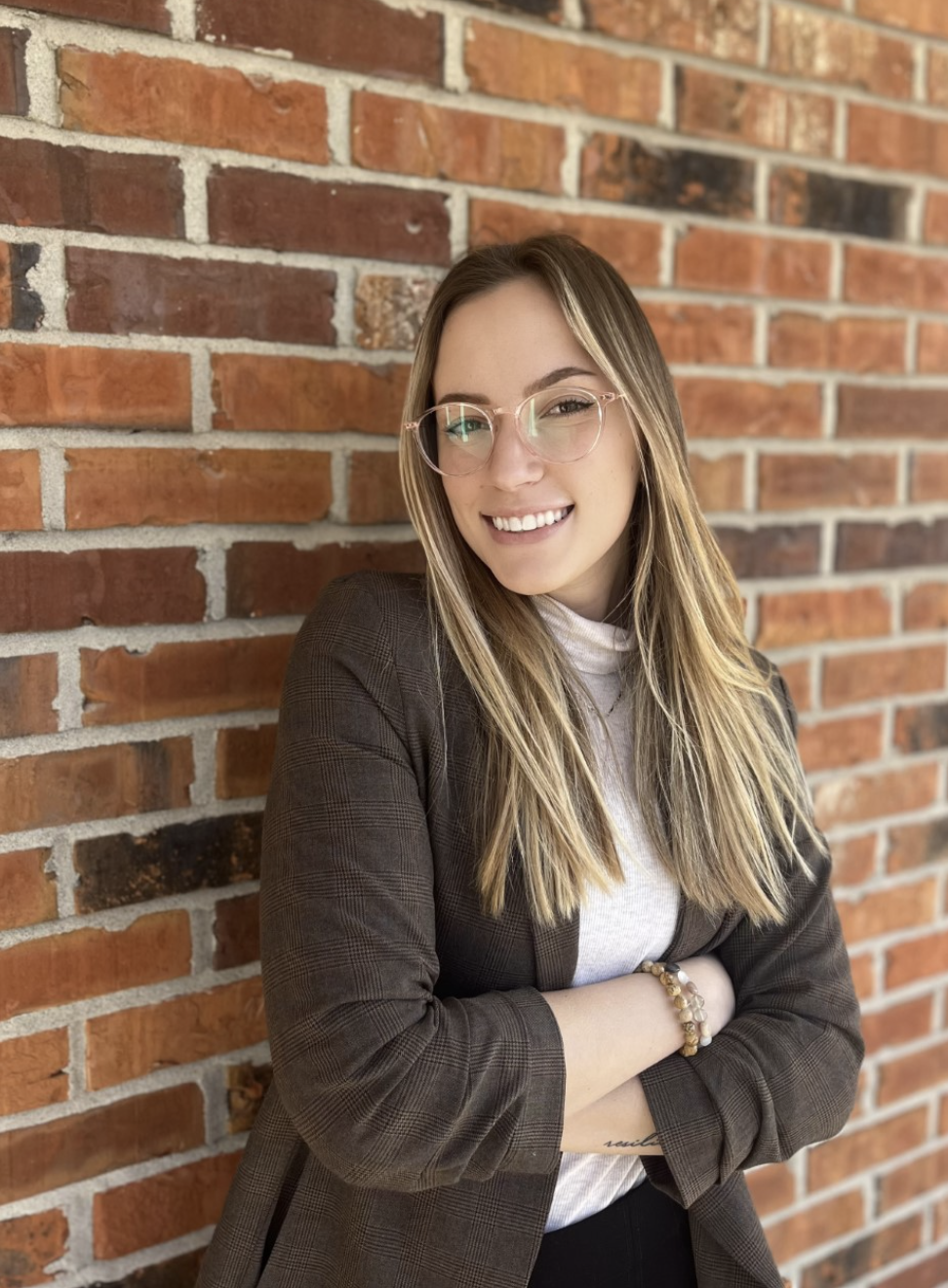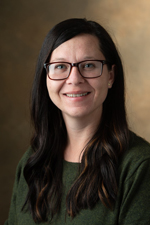Tag: Peer Based Programs
Matlock, Tanya, MA
Tanya Matlach has a bachelor’s degree in Spanish from the University of Missouri St. Louis (UMSL). She worked at Youth in Need for about 8 years as a Hispanic community support worker. She completed a master’s in counseling from UMSL in 2010. Tanya has been a member of Independence Center’s Clubhouse for 4 years, where she facilitates weekly Dual Recovery and Clubhouse Orientation meetings. She is also a Missouri Certified Peer Specialist.
Presentation(s):
Restoring Lives -The Clubhouse Model Approach to Recovery
Leeward 76-77
Speaker(s):
Higginbotham, Jennifer, MSW, LCSW
Description
Learn about a unique approach to recovery listed on SAMHSA’s registry as an evidence based practice in 2011, accredited by both Clubhouse International and the Commission on Accreditation for Rehabilitation Facilities (CARF), that addresses the 8 Dimensions of Wellness. A Clubhouse is a community intentionally organized to support individuals living with the effects of mental illness. Through participation in the Clubhouse, people are given the opportunities to rejoin the worlds of friendships, family, meaningful work, employment, education, and healthy lifestyles. A Clubhouse is a restorative environment for people who have had their lives disrupted, and need the support of others who believe that recovery from mental illness is possible for all. Independence Center’s Clubhouse is one of twelve International Training Bases in the Clubhouse Model of psychiatric rehabilitation, one of five accredited Clubhouses in Missouri, and one of over 300 Clubhouses worldwide.
Objectives
1. Describe the basic components of the Clubhouse Model of psychiatric rehabilitation
2. Discuss what makes the Clubhouse model a unique approach to recovery.
3. Review how the Clubhouse model addresses the 8 Dimensions of Wellness.
4. Discover directly from members how the Clubhouse has saved their life.
Higginbotham, Jennifer, MSW, LCSW
It’s Complicated – A Peer Taught Cannabis Prevention Program
Leeward 76-77
Speaker(s):
Description
It’s Complicated is a PreventEd program that was designed, implemented and evaluated through the support of a local foundation. The program design relied on the power of adolescents leading lessons with their classmates. In prevention efforts, PreventEds know the messenger is often just as important as the message. By empowering young people to be leaders, they have the ability to gain a deeper understanding of the prevention information and the lesson is better received by their peers. This curriculum is implemented in a 3-lesson series that provides up-to-date facts on the changing landscape of cannabis in Missouri and across the United States. It allows the facilitators to have real conversations about cannabis and address many of the misperceptions on this substance. The final lesson includes details on how to have a conversation and “carefront” a friend when you may be concerned about their use of cannabis.
With the foundation’s support, PreventEd was also able to contract with an outside evaluation partner to determine the impact of the program. The evaluation team led PreventEd in a randomized control trial within high school for It’s Complicated. Results have recently been shared to show there are several outcomes with statistically significant results. The outcomes of the program will be discussed in the presentation, along with lessons learned and ongoing efforts to enhance the program.
Objectives
1. Gain knowledge on the benefits of implementing peer education programs among high school youth.
2. Identify ways to utilize youth in prevention work.
3. Explore evaluation techniques for primary prevention efforts.
Developing a CRSS/CPRS Certification Program: One Social Work Department’s Experience
Leeward 76-77
Speaker(s):
Description
This lecture will describe the development and operation of the Certified Peer Recovery Specialist and Certified Recovery Support Specialist (CPRS / CRSS) training program at Southern Illinois University Edwardsville. We will provide background information on how peer support is used in behavioral health and its effectiveness, how the CPRS / CRSS program was developed, a description of the first two cohorts of students and their experiences and outcomes, and what was learned from a programmatic standpoint. The emphasis of this lecture will be discussing what aspects of the training program worked well and what unanticipated or unintended consequences we experienced and how we have adapted to address those issues.
Objectives
1. Define peer support and describe the need for certified peer support workers in Illinois
2. Describe the process of developing a CPRS/CRSS certification program
3. Identify barriers to and issues with implementing a CPRS/CRSS certification program
4. Describe best practices and ways to address barriers in program development and implementation
Wilson, Emma, BA
Emma Wilson completed her Bachelor’s Degree in Psychology from the University of Missouri- Columbia in December 2021. Through the same institution, Emma is currently pursuing a Master’s in Public Health. As a student, she became interested in the opioid crisis, and this interest spread into substance use prevention. In January of 2022, Emma entered the field and began working for PreventEd as a Prevention Educator; she has spent the last year in St. Louis area schools educating students of all ages.
Presentation(s):
It’s Complicated – A Peer Taught Cannabis Prevention Program
Dawsey, Nichole, MPH
Nichole Dawsey is the Executive Director of PreventEd, formerly known as NCADA (National Council on Alcoholism and Drug Abuse).
Nichole was born in St. Louis, Missouri, and like many native St. Louisans, developed a fondness for the close-knit communities, quaint neighborhoods, and unique history of the area. After earning her Bachelor of Arts degree from The Catholic University of America in Washington DC, Nichole found her professional passion in the field of education. As she worked in the classroom to help her middle school students grow intellectually, she realized the equal importance of supporting young people’s mental health, wellness, and development of life skills. To become an even more effective, knowledgeable, and helping professional, Nichole chose to earn her Master of Public Health from Saint Louis University. It was during graduate school that Nichole was introduced to NCADA, when she found a part-time position there as a Prevention Educator.
After five years, Nichole was promoted to Director of Prevention Education, and served in that role for five years. During that time, Nichole oversaw the significant expansion of the prevention education program, increasing students served by 15% and department staff capacity by 25%. Nichole was appointed as Executive Director in 2018. Under her leadership, NCADA is now PreventEd. The organization has become known for its supportive workplace culture and has been honored as a Top Workplace by the Women’s Foundation of Greater St. Louis and the St. Louis Post Dispatch.
Presentation(s):
It’s Complicated – A Peer Taught Cannabis Prevention Program
Monge, Madelyn
Madelyn Monge is a second year MSW student at Southern Illinois University Edwardsville. Madelyn is the graduate assistant for the CRSS/CPRS grant project and provides programmatic support and assistance to program participants. Madelyn earned her Bachelor’s degree from Illinois College, with a double major in Psychology and Sociology. After graduation, she intends to pursue her LCSW.
Presentation(s):
Developing a CRSS/CPRS Certification Program: One Social Work Department’s Experience
Erwin, Jennifer, PhD, JD, MSW
Jennifer Erwin currently works as an assistant professor at Southern Illinois University Edwardsville. She is helping with an Illinois state grant whose purpose is to fund CPRS / CRSS training programs to increase the number of certified CPRS / CRSS individuals in Illinois. The program has recently welcomed its second cohort. Jennifer earned her MSW from the University of Georgia and her PhD in social work from the University of Tennessee. She also holds a JD from Cumberland School of Law. Prior to earning her PhD, Jennifer worked on a Assertive Community Treatment team at a behavioral health nonprofit in Washington, DC. Her research interests lie at the intersection of social work and the criminal justice system.
Presentation(s):
Developing a CRSS/CPRS Certification Program: One Social Work Department’s Experience

